In the bustling streets of Seoul, a quiet culinary revolution is taking place. The latest sensation sweeping through South Korea’s food scene isn’t a high-tech gadget or a viral dessert—it’s a humble yet innovative creation: the seaweed burger. Dubbed the "future of fast food," this plant-based alternative is challenging traditional beef patties not only in taste but also in its environmental impact. As sustainability becomes a growing concern worldwide, South Korea’s embrace of the seaweed burger highlights a shift toward eco-conscious eating without sacrificing flavor.
The concept of a seaweed burger might sound unconventional to some, but in a country where seaweed has been a dietary staple for centuries, it’s a natural progression. Korean cuisine has long celebrated the versatility of seaweed, or gim, as it’s locally known. From soups to snacks, this nutrient-rich marine vegetable is a powerhouse of vitamins and minerals. Now, chefs and food scientists are reinventing it as the centerpiece of a burger, offering a savory, umami-packed experience that rivals its meaty counterpart.
What sets the seaweed burger apart isn’t just its cultural roots—it’s the staggering environmental benefits. Compared to beef production, which is notorious for its high greenhouse gas emissions and extensive land use, seaweed farming is remarkably sustainable. Seaweed requires no freshwater, fertilizers, or pesticides to grow. It absorbs carbon dioxide as it grows, effectively acting as a carbon sink. For a planet grappling with climate change, the shift from beef to seaweed could be a small but meaningful step toward reducing our ecological footprint.
The taste, however, is what’s winning over skeptics. Unlike some plant-based alternatives that struggle to mimic the texture of meat, the seaweed burger leans into its unique qualities. Crispy on the outside and tender within, the patty delivers a briny depth of flavor enhanced by traditional Korean seasonings like sesame oil, garlic, and soy sauce. Topped with pickled vegetables, spicy gochujang mayo, and a slice of melted vegan cheese, it’s a symphony of flavors that feels both familiar and excitingly new.
Major fast-food chains and boutique cafes alike are jumping on the trend. In Seoul, establishments like "Green Wave Bistro" and "Ocean’s Table" have reported sold-out seaweed burgers within hours of launching. Even international franchises are taking note, with plans to introduce seaweed-based options in their Korean menus. The demand isn’t limited to vegetarians or vegans; flexitarians and curious foodies are driving the trend, eager to explore a guilt-free indulgence.
Behind the scenes, food innovators are refining the recipe to make seaweed burgers more accessible. One challenge has been achieving the right consistency—too brittle, and the patty falls apart; too dense, and it loses its appeal. Through trial and error, chefs have found that combining different types of seaweed with binding agents like quinoa or mushrooms creates the perfect balance. Some versions even incorporate fermented seaweed for an extra boost of probiotics, aligning with Korea’s love for gut-healthy foods.
The rise of the seaweed burger also reflects broader changes in South Korea’s food industry. The government has been actively promoting sustainable agriculture and marine farming as part of its Green New Deal initiative. Subsidies for seaweed farmers and grants for eco-friendly food startups have accelerated innovation. Meanwhile, consumers are becoming more vocal about their preferences, with surveys showing that over 60% of young Koreans prioritize sustainability when dining out.
Critics argue that seaweed alone can’t replace beef on a global scale, citing cultural preferences and logistical hurdles. Yet proponents counter that it’s not about outright replacement but diversification. "The goal isn’t to eliminate beef burgers but to offer a compelling alternative," says Chef Lee Min-woo, a pioneer in marine-based cuisine. "When people realize they can enjoy a delicious meal that also helps the planet, the choice becomes easy."
As the seaweed burger gains traction, its influence is spreading beyond Korea’s borders. Japanese and European chefs are experimenting with their own versions, while environmental organizations hail it as a model for sustainable eating. Whether it’s a passing trend or a lasting shift remains to be seen, but one thing is clear: in the quest for greener diets, the seaweed burger has made a splash that’s hard to ignore.
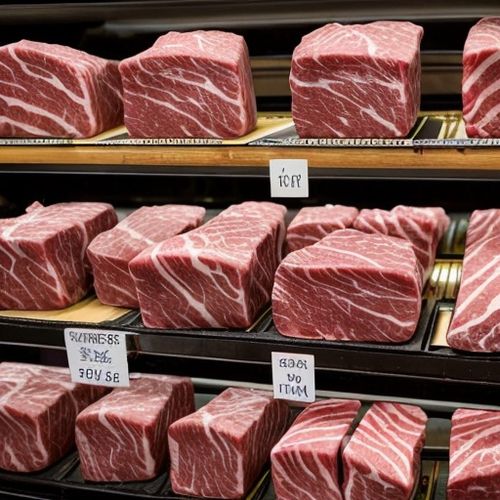
By Lily Simpson/Apr 10, 2025
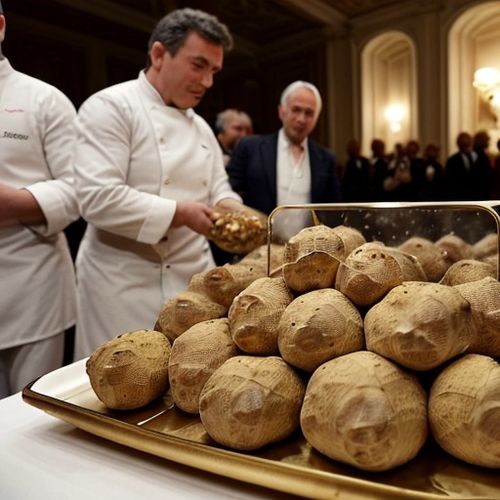
By Victoria Gonzalez/Apr 10, 2025

By Emily Johnson/Apr 10, 2025
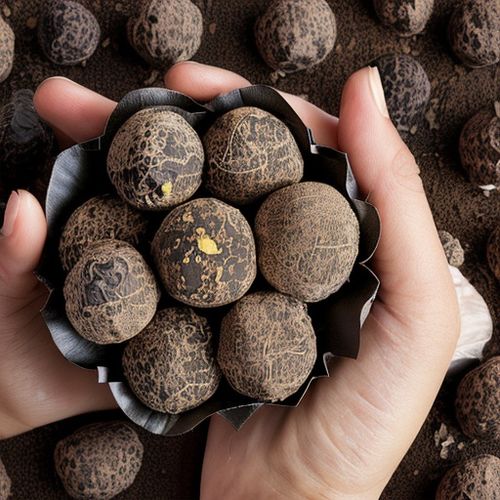
By Megan Clark/Apr 10, 2025
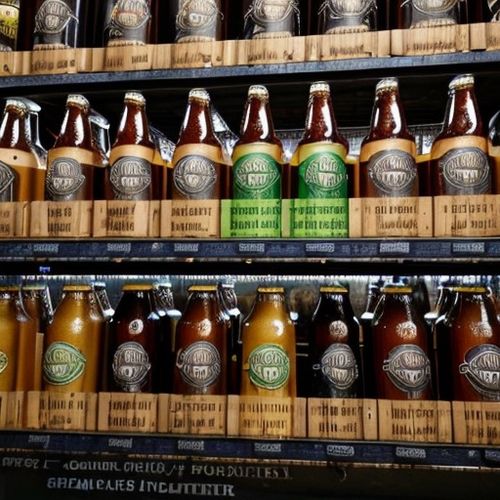
By Amanda Phillips/Apr 10, 2025
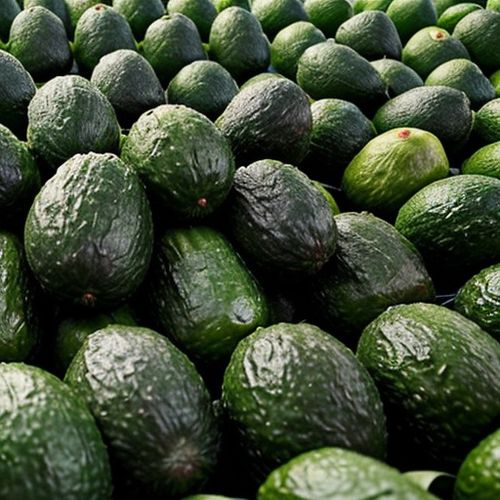
By James Moore/Apr 10, 2025
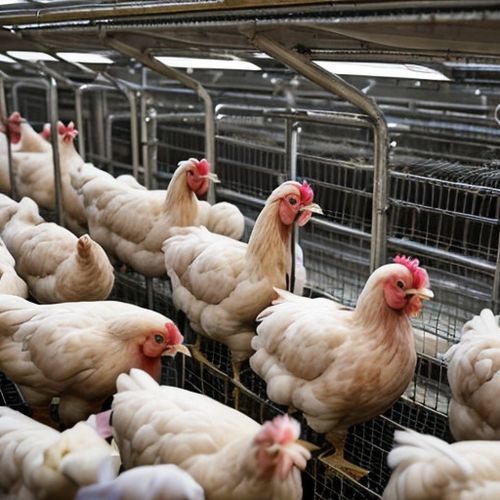
By Noah Bell/Apr 10, 2025

By Eric Ward/Apr 10, 2025

By Megan Clark/Apr 10, 2025
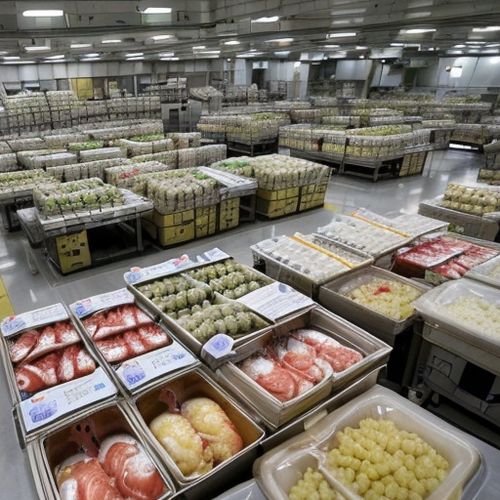
By Natalie Campbell/Apr 10, 2025
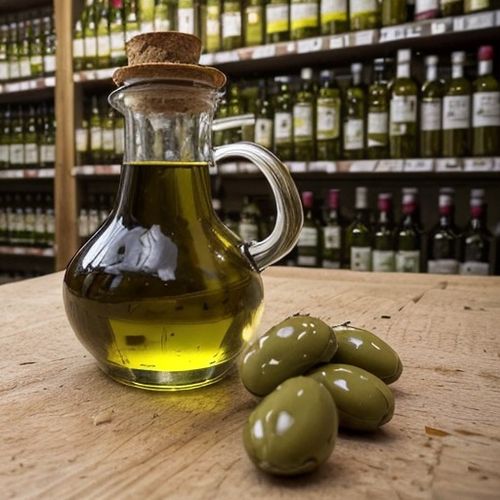
By Amanda Phillips/Apr 10, 2025
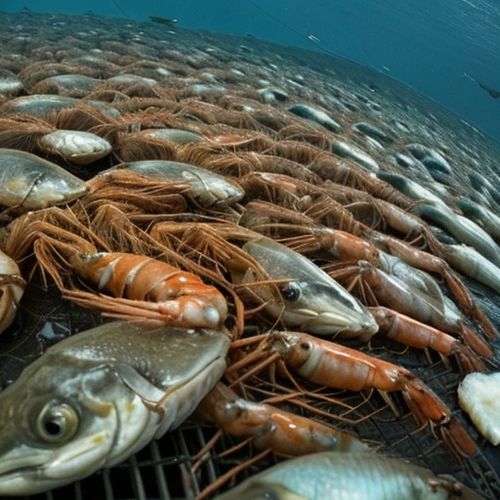
By Michael Brown/Apr 10, 2025

By Elizabeth Taylor/Apr 10, 2025
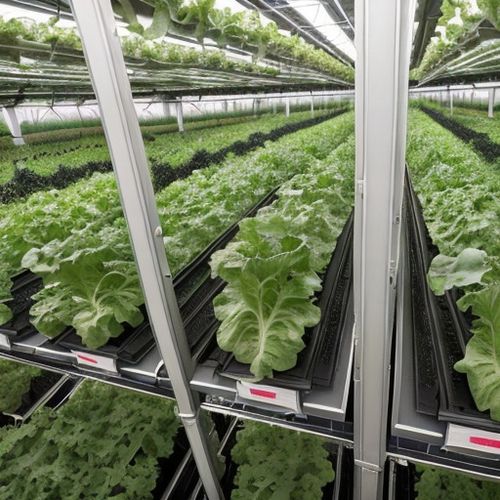
By Emma Thompson/Apr 10, 2025
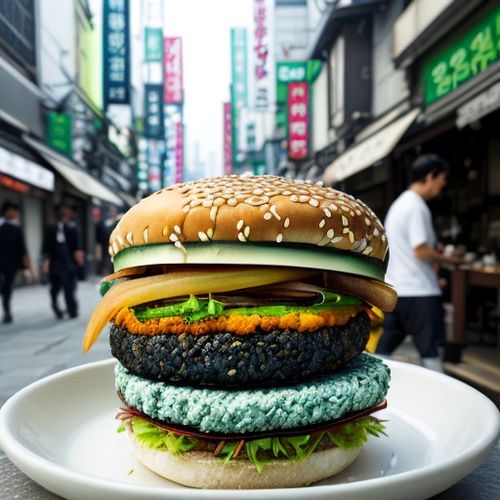
By Natalie Campbell/Apr 10, 2025
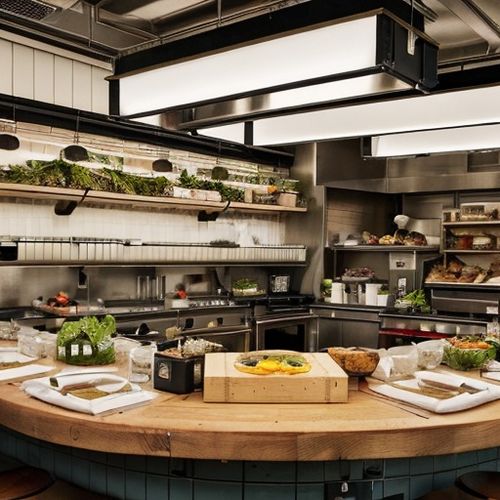
By Eric Ward/Apr 10, 2025

By Sophia Lewis/Apr 10, 2025